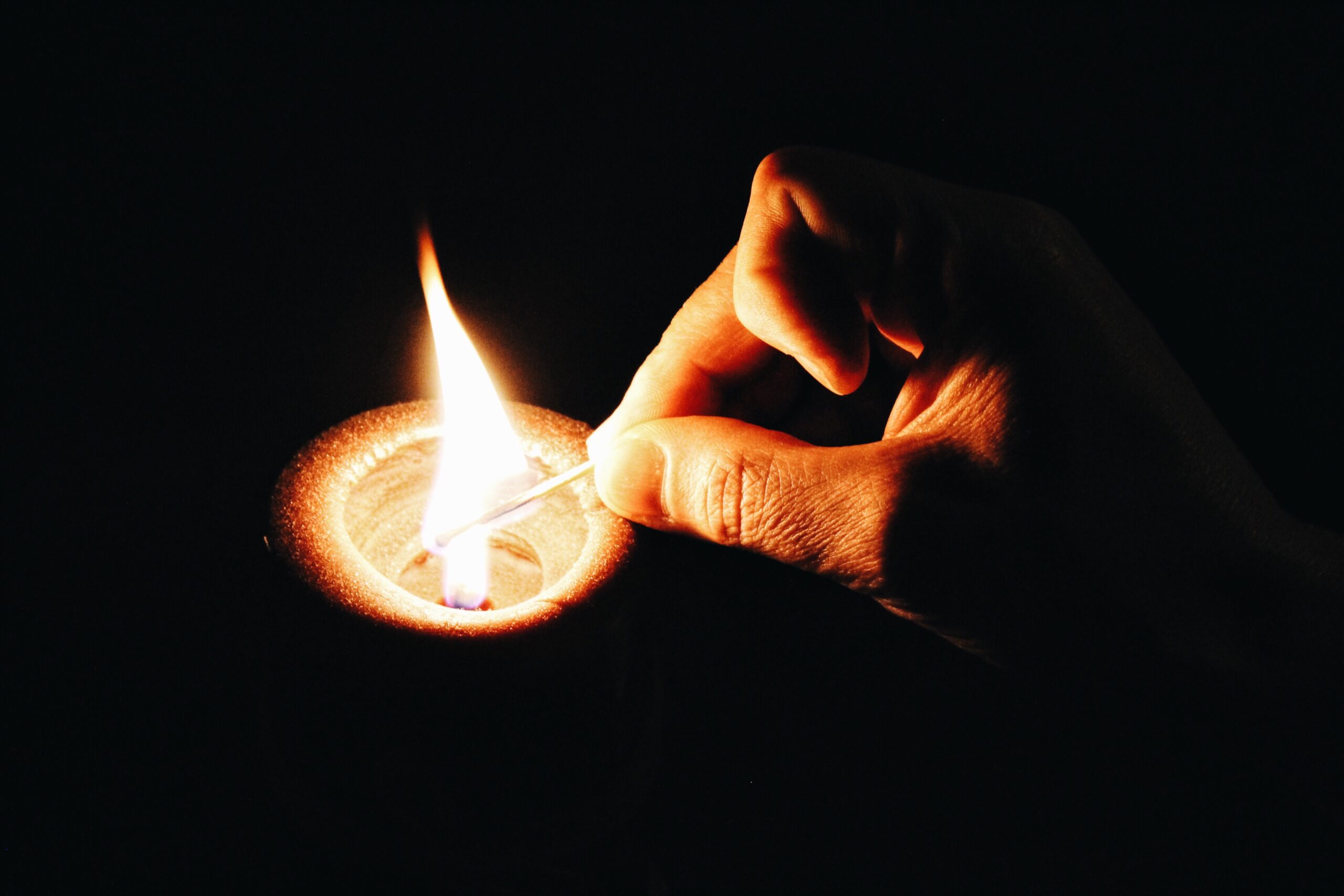‘Tis the season to surround ourselves with friends and family and count our blessings. It is a time to take inventory and acknowledge all that is good and sweet and right. It is about celebrating presence but sometimes what this season is marked by more than anything else—is absence. Pastor John Pavlovitz writes:
“Surrounded by noise and activity and life, your eyes and your heart can’t help but drift to that quiet space that now remains unoccupied: the cruel vacancy of the empty chair. The empty chair is different for everyone, though it is equally intrusive. For some it is a place of a vigil; the persistent hope of a prodigal returning, of a severed tie to soon be repaired, of a long overdue reunion to come. It is a place of painful but patient waiting for what is unlikely, yet still possible. For some the chair is a memorial; the stark reminder of what was and no longer is, of that which never will be again. It is a household headstone where we eulogize and grieve and remember; a face we squint to see, a hand we stretch to hold, a voice we strain to hear. This may be the first time the chair has been empty for you, or you may have grown quite accustomed to the subtraction. Either way it hurts.”
Pastor John Pavlovitz
I know that hurt, as do you. My father died twenty-four years ago on November 25th so when my family gathers around the Thanksgiving table every year, we are aware of the empty chair which he filled. We feel the absence of his presence. We remember how he loved Christmastime! The holidays are supposed to be filled with celebration, joy and peace but often they have a way of magnifying loss; reminding us of our incompleteness, our lack, our mourning. The lessons that the empty chair teaches us are about living in the moment and being thankful for what we have and about growing through our struggles. Sometimes we acquire that wisdom and find that healing in our own way and in our own time and sometimes we don’t. Life is unpredictable and messy that way. In some way during the holidays, we all sit together gathered around this same incomplete table and one thing we can offer one another is our compassionate presence in the face of the terrible absence. Pavlovitz suggests that “in this season each of us learns to have fellowship with sadness, to celebrate accompanied by sorrow. This is the paradox of loving and being wounded simultaneously.” May we each make peace with the holidays and the empty chairs. And remember, if you need someone to sit with you in your sadness, you need not be alone – just call one of us (Chaplain Peggy, x16109 or Chaplain Andrew, x18481) and we’ll be there.









 At 6:00PM on that Sunday evening, nine residents gathered to share reactions and seek guidance in responding thoughtfully to the terror in Charlottesville. Barbara Glenn read to us a message just received from Rev. Susan Frederick-Gray. She was the minister of the Unitarian-Universalist Congregation of Phoenix until her election in June as national president of this denomination. Here is a portion of that email entitled “Love Showed Up Today in Charlottesville.”
At 6:00PM on that Sunday evening, nine residents gathered to share reactions and seek guidance in responding thoughtfully to the terror in Charlottesville. Barbara Glenn read to us a message just received from Rev. Susan Frederick-Gray. She was the minister of the Unitarian-Universalist Congregation of Phoenix until her election in June as national president of this denomination. Here is a portion of that email entitled “Love Showed Up Today in Charlottesville.”


